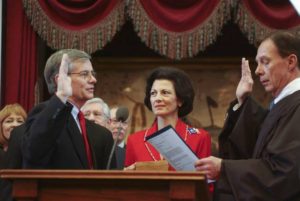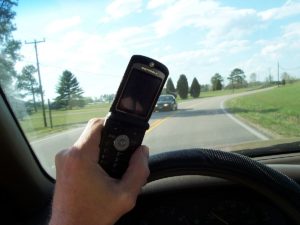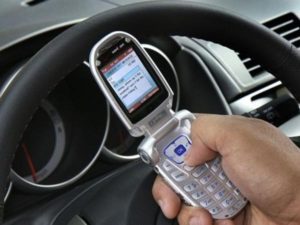Fifty years is a long time to do anything, whether it’s selling shoes, branding cattle . . . or writing legislation.
Tom Craddick, a feisty Midland Republican, is about to cross the half-century mark as a Texas legislator during the upcoming legislative session. I’ve had some differences with Craddick, dating back to when I was editorial page editor of the Amarillo Globe-News. That was then. Today I want to say a good thing or two about this Texas Capitol institution.
He and I got crossways some years back when he engineered the ouster from the Texas House speaker’s chair of Pete Laney, a Hale Center Democrat, whom the newspaper supported. Laney was no flaming liberal as speaker and did a good job representing the Texas Panhandle while running a relatively smooth Texas House of Representatives.
Then the Republicans took control of the House and Craddick cast his eyes on that big ol’ gavel that Laney wielded. He enlisted the help of Laney’s Panhandle pals — namely fellow Republican state Reps. John Smithee of Amarillo and David Swinford of Dumas. They turned on their old friend, Laney, and backed Craddick for speaker.
We became angry with Smithee, Swinford and Craddick for depriving the Panhandle of a powerful voice . . . and we said so on our Opinion page.
Craddick sent me a testy letter in response. I responded with equal testiness.
That was a long time ago.
Laney, from what I understood, took his ouster personally. He retired from the House and became a lobbyist. Craddick, though, is still on the job, 50 years after being elected the first time.
Craddick ran the House with a heavy hand. It helped him shepherd legislation through a GOP-controlled chamber, but his tactics also created plenty of political enemies.
Since leaving the speakership himself in 2009 after enduring — ironically — an ouster from his fellow Republicans, Craddick has continued to be an effective legislator.
I applauded his work, most notably, in persuading the Legislature to impose a ban on handheld cell phone use while driving. Craddick was tireless in his pursuit of that legislation over the course of five legislative sessions. It was an odd sight to see: a Republican legislator in a heavily GOP state that endorses “personal liberty” working hard to enact a bill that critics decried as a “nanny state” measure. Gov. Rick Perry vetoed it in 2011, but then Gov. Greg Abbott signed it into law in 2015.
Tom Craddick, I submit, is a walking, talking, breathing testament against term limits. He’s been on the job for 50 years and, according to the Texas Tribune, hasn’t lost an ounce of zest for the job of legislating. He’s done a good job for his Permian Basin constituents, who continue to send him back to Austin to work on their behalf.
Tom Craddick is one tough dude. Stay with it, sir.


